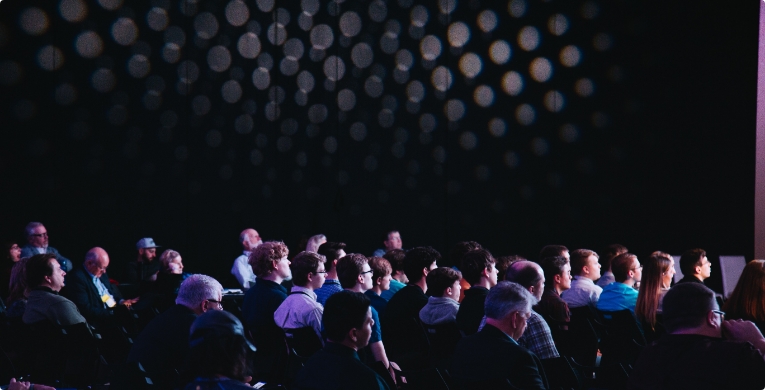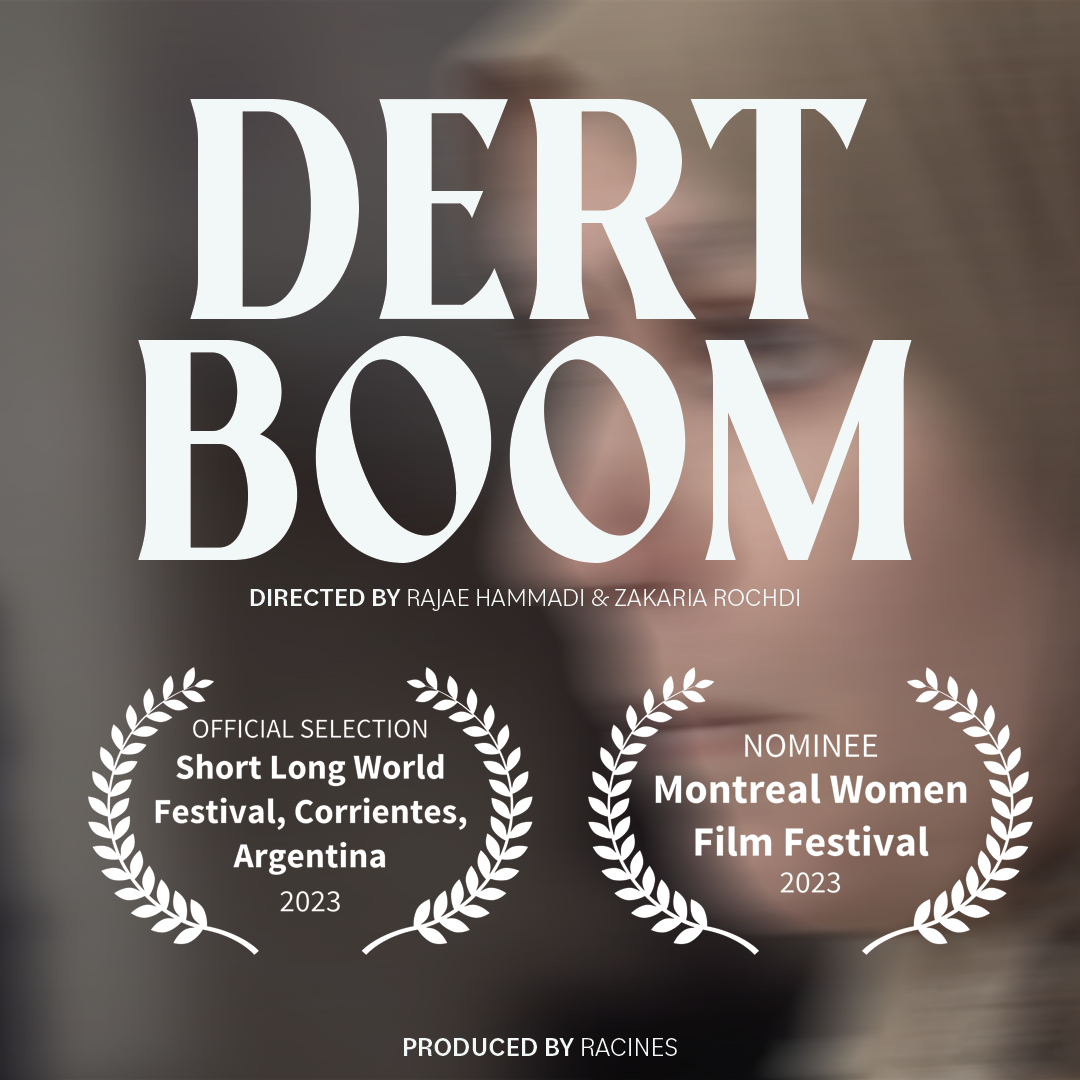About Racines
Racines is an international non-profit association working for the integration of culture in public policies for human, social and economic development. The association was born from the common will of African, European and international cultural actors, convinced that the issue of culture is common to all countries. And that cultural action can provide solutions to problems of peace, sustainable development, cultural diversity… To do this, cultural actors meet to provide tools for diagnostic and decision-making (research, evaluation, mapping…), for advocacy to strengthen freedom of creation (freedom of expression, status of the artist, copyright…), for the professionalization of cultural actors in the world (training, networking…), and joint work and exchanges between professionals from all countries.
The actions of Racines
Vision
Racines association militates, on a national, regional, continental and international scale, for:
– The promotion of access to culture for all as a universal human right;
– The promotion of culture as a vector of democracy and human, social and economic development;
– The establishment of effective and appropriate cultural policies;
– The promotion of cultural diversity;
– A true cultural economy and viable creative industries for artists and professionals;
– The status and rights of artists and their freedom of expression and creation;
Objectives
Racines association also aims to support the initiatives of public, private or academic cultural actors and professionals in the field of culture:
– Building and developing effective advocacy networks for the cultural and creative sector;
– Collect, update and disseminate information, data and documents useful to cultural organisations;
– To stimulate and organize debates on arts, culture, democracy, citizen empowerment, international solidarity…
– To help build national, regional, continental and international circuits (festivals, meetings, etc.) to disseminate cultural goods and services and enable artists to disseminate their creations
– Contribute to the training and development of human resources in the cultural sector;
– To improve working and living conditions, and to defend the rights of artists and cultural professionals;
– Participate in the popularization of the arts among the public;
– Participate in meetings, conferences, debates and forums on culture and development issues.
Share this article:
Latest news



